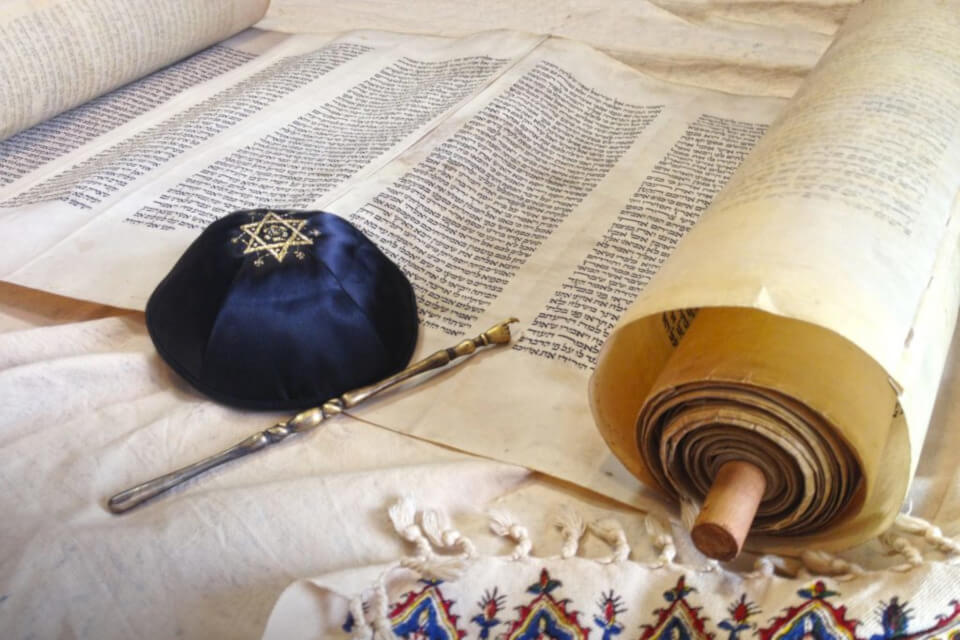Holy days of Kabbalah: what to know

Kabbalah is a school of thought derived from Judaism. The holy days of Kabbalah focus on appreciating God and the Divine and they follow the same as the Jewish calendar. Below are the holy days of this mystical and interesting religion.
Holy days of Kabbalah
Shabbat
Shabbat is the weekly day of rest and the holiest day on the calendar. It begins each Friday and runs until Saturday.
Receive all our tips by email!
Love Astrology? Subscribe Now and Receive Exclusive Content!
New Moon, Rosh Chodesh, or “head of the month”
Rosh Chodesh is the first day of a new month, marked by prayers.
Rosh Hashanah (the New Year)
Rosh Hashanah is the start of ten days of prayer named the Days of Awe.
Yom Kippur (the Day of Atonement)
Yom Kippur is marked as the last day, of the Days of Awe and is a humble celebration.
Sukkot (Booths)
Sukkot, Season of Our Joy, is a holiday that lasts for eight days. Kabbalah follwers eat, study, sleep and socialise in temporary huts or booths, in reference to the tabernacles used by the Children of Israel.
It begins on the fifteenth day of Tishre, which is also the fifth day after Yom Kippur.
Simchat Torah
This holiday refers to the Kabbalah holy book, the Torah. It is to mark the end of the yearly ritual of reading the Torah each Shabbat and the start of a new cycle for reading.
It’s held on the eighth day after the first day of Succot.
Shemini Atzeret (the Eighth Day of Assembly)
This holy day of the Kabbalah represents the end of the High Holy Day period (this happens on the days before the start of Rosh Hashanah. Shemini Atzeret happens on the last day of Sukkot.
Hanukkah or Chanukah (the Festival of Lights)
Chanukah is an 8 day festival, that’s marked by the lighting of candles and meditation on the light of the flames. Chanukah begins on the twenty-fifth day of the Hebrew month of Kislev.
Purim
The biblical Book of Esther is read on Purim to celebrate the hand of God in all we do.
Pesach (Passover)
Pesachis is a reminder and celebration of the Children of Israel’s exodus from ancient Egypt. It lasts 8 days and is also known as the Festival of Freedom.
The Counting of the Omer
During this holy time, Kabbalists take seven weeks of seven days each, to meditate on the meaning of each of the ten sefirot. ( The ways in which the Divine reveals himself).
Lag B’Omer
Rabbi Shimon bar Yochai, author of the Zohar ( the book of Kabbalah) died on this day.
Shavuot (the Festival of Weeks)
The Torah was revelaed on Mount Sinai and Shavuot celebrates this with night long prayers
Tisha b’Av (the ninth of the month of Av)
Tisha b’Av is a day fo reflection, to think about the persecution of jews through out history. Kabbalists will often fast.
You may also like:

